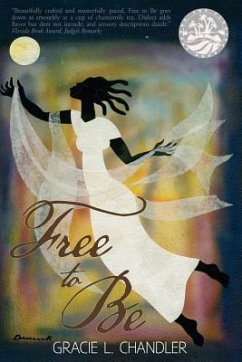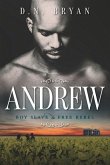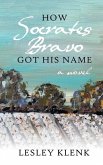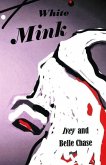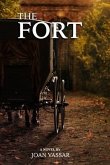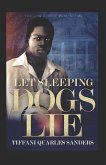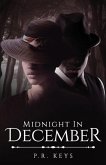2015 Florida Book Award Winner, Silver Medal The Union navy cripples the rebel defenses at Port Royal, South Carolina and panicky plantation owners flee, abandoning their crops, property, and 8,000 slaves. Neither planter nor slave realize November 7, 1861, would mark the end of life as they know it. The army confiscates a bumper crop of contraband Sea Island cotton and hires the slaves-also labeled contraband-to harvest it for the United States Treasury. Sensing a chance at freedom, the Negroes rejoice, recalling that day of awareness as 'The day the big gun shoot'. But Crecie, a field hand and medicine woman, is unable to dispel centuries of brain-washed enslavement--fearing the bold intrusions thrust upon her routine existence. As the Civil War rages on the mainland, the military, abolitionists, and U.S. Government provide schools, wages, and religious freedom for the islands' contraband. But to the workers' dismay, the new arrivals also bring troubling times, subjecting them to scorn, violence, and death. As a skilled worker, Crecie struggles amid the chaos, longing for the master's return and the plantation's orderly regimen. As she grapples with the abstract concept of freedom, events of the war lead to a personal crisis. If Crecie and her family are to survive, she must make gut-wrenching decisions: learn how to navigate the unjust new labor system or take advantage of once-unimaginable opportunities. Will she choose independence-claiming her own mind, her own labor, her own body? Or will she cling to tradition, fostering her paternalistic beliefs upon her Northern employers, regarding the white power structure as "new masters"? Free to Be is the story of one woman's emotional battle to adjust to an altered life.
Hinweis: Dieser Artikel kann nur an eine deutsche Lieferadresse ausgeliefert werden.
Hinweis: Dieser Artikel kann nur an eine deutsche Lieferadresse ausgeliefert werden.

